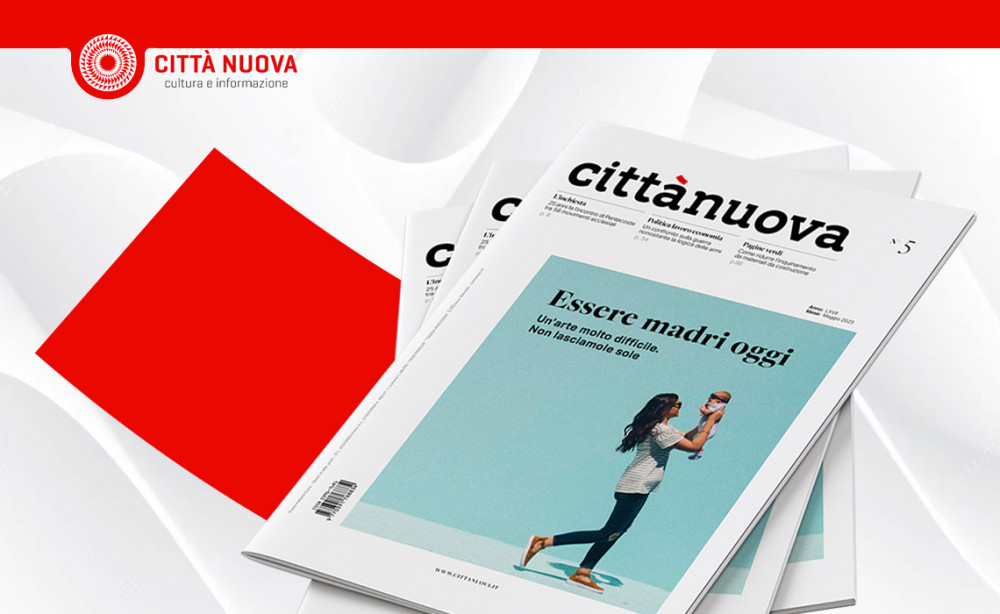Comments – Heaven help us if profits triumph (there’s wealth and there’s wealth)
by Luigino Bruni
Published in Avvenire 17/07/2012
If we wish to understand, and then perhaps manage this crisis of capitalism, there is the urgency to back-track and reflect on the meaning of wealth, of t...
stdClass Object
(
[show_title] =>
[link_titles] =>
[show_intro] =>
[show_category] =>
[link_category] =>
[show_parent_category] =>
[link_parent_category] =>
[show_author] =>
[link_author] =>
[show_create_date] =>
[show_modify_date] =>
[show_publish_date] =>
[show_item_navigation] =>
[show_icons] =>
[show_print_icon] =>
[show_email_icon] =>
[show_vote] =>
[show_hits] =>
[show_noauth] =>
[urls_position] =>
[alternative_readmore] =>
[article_layout] =>
[show_publishing_options] =>
[show_article_options] =>
[show_urls_images_backend] =>
[show_urls_images_frontend] =>
)










